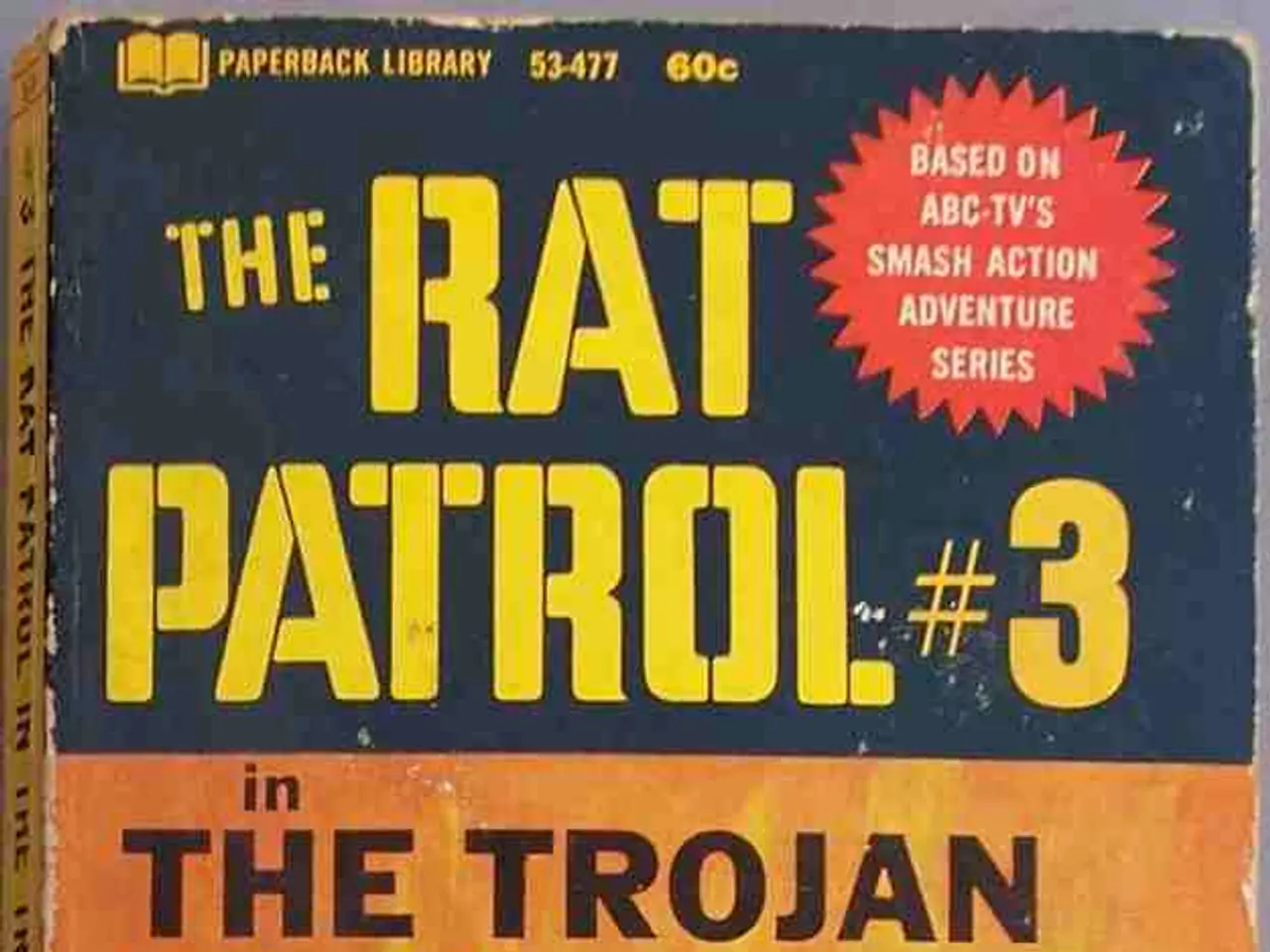Military action against drug cartels is covertly sanctioned by Trump, as per a recent classified order to the Pentagon (The New York Times).
In a significant move, President Donald Trump has reportedly secretly signed an order authorizing the Pentagon to prepare options for the potential use of U.S. military force against Latin American drug cartels that have been designated as foreign terrorist organizations. [1][2]
The directive aims at enabling military actions focused on combating the cartels, which are seen as a threat due to their involvement in illicit drug trafficking, including fentanyl entering the U.S. [1][2] However, it's essential to note that the authorization so far is to prepare military options, not an immediate order to deploy forces. The specific military operations that might be considered or authorized remain unclear. [1][2]
Legal Implications
The administration's decision to designate some cartels as foreign terrorist organizations broadens the legal justification for certain counterterrorism operations. However, the use of military force against criminal organizations raises complex legal questions under U.S. and international law.
Conducting military operations against cartels on foreign soil without the host nation's consent would likely violate international law, including the UN Charter which prohibits acts of aggression and breaches of peace. Such unilateral action could be considered an armed attack, potentially escalating diplomatic tensions severely, especially with Mexico and other Latin American countries. [3]
Mexico’s President Claudia Sheinbaum has explicitly rejected the use of U.S. military forces on Mexican territory and stated her country opposes any U.S. military intervention, underscoring the importance of cooperation and coordination rather than direct invasion or unilateral military action. [1][2]
Experts and analysts have voiced concerns about the feasibility and wisdom of using military force against cartels, highlighting unclear objectives, potential diplomatic fallout, and the risk of worsening relations across the region. [3]
Priorities and Responses
White House spokeswoman Anna Kelly stated that President Trump's top priority is protecting the homeland. [1] Secretary of State Marco Rubio has said that designating cartels as terrorist groups allows the U.S. to use various elements of American power, including Intelligence agencies and the Department of Defense, to attack these groups. [1]
It's worth noting that the U.S. Department of Defense declined to comment on the new directive. [1] The order provides an official basis for the possibility of direct military operations at sea and on foreign soil against cartels. [1]
However, it remains uncertain whether any such intervention has taken place or if Trump's reported plans to confiscate cartel money, businesses, and properties will materialize. [1] There have been reports that Trump wanted to send U.S. troops into Mexico to hunt down drug cartels. [1]
The NYT article mentions an imminent intervention in Mexico by the U.S., but the article does not provide any new information on the status of the Pentagon's plans or the legal questions surrounding the use of military force against cartels. [1]
The U.S. State Department has stated that cartels pose a risk to U.S. national security, foreign policy, and economic interests. [1] U.S. military officials have begun developing options for pursuing these groups. [1]
In summary, while Trump has ordered the Pentagon to prepare military options against cartels, the legal implications involve significant challenges under domestic counterterrorism laws and international norms protecting state sovereignty, making direct military action both legally and diplomatically contentious. [1][2][3]
[1] New York Times. (2020, February 24). Trump Orders Pentagon to Plan Military Options Against Drug Cartels. Retrieved from https://www.nytimes.com/2020/02/24/us/politics/trump-cartels-military.html [2] Reuters. (2020, February 24). Trump authorizes Pentagon to prepare military options against drug cartels in Mexico, Central America. Retrieved from https://www.reuters.com/article/us-usa-mexico-cartels-idUSKBN20K2O4 [3] The Washington Post. (2020, February 24). Trump’s plan to use military force against drug cartels raises legal and diplomatic questions. Retrieved from https://www.washingtonpost.com/world/the_americas/trumps-plan-to-use-military-force-against-drug-cartels-raises-legal-and-diplomatic-questions/2020/02/24/5e53d0d0-1361-11ea-842a-c852a9b23985_story.html
- As the administration's decision to designate drug cartels as foreign terrorist organizations broadens the legal justification for certain counterterrorism operations, it also raises questions about the use of military force in politics, war-and-conflicts, and crime-and-justice.
- Legal implications under U.S. and international law are complex, and conducting military operations against cartels on foreign soil without the host nation's consent could potentially escalate diplomatic tensions, particularly in relationships with Mexico and other Latin American countries, making the issue of politics, war-and-conflicts, general-news, and crime-and-justice interconnected.








